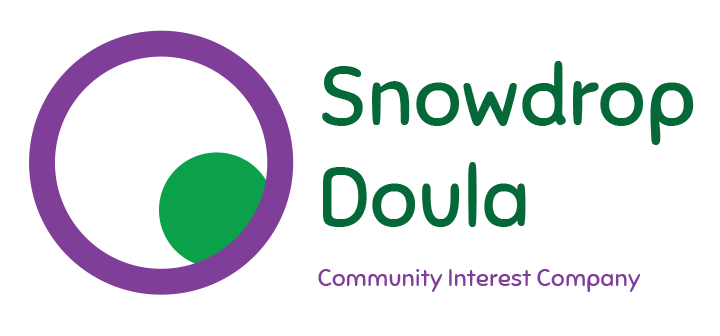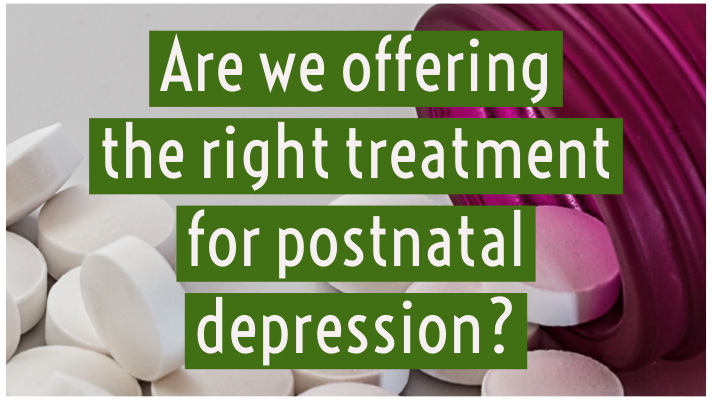I have been doing a small bit of research into the use of antidepressants for postnatal depression and anxiety. In this I have struggled to find any statistics as to how often antidepressants are prescribed for postnatal women.
In practice I know this is quite high. Most, if not all, new mothers who I see in practice that have seen their GP say they have been offered antidepressants as a first response to their depression or anxiety. The treatment pathway, according to the NHS guidance, should include the offer of psychological therapy. This means talking therapies such as seeing a counsellor or psychotherapist. In the perinatal period (pregnancy to 12 months postnatal) an appointment should be offered within 2 weeks of referral. This does seem to be hit and miss and some are told they cannot be seen by the service once they have had an assessment.
In addition to this, the ability to access this seems to depend on the offer. It remains the case that new mothers are expected to find childcare for therapy sessions that are between 9am and 5 pm. Evening and weekend appointments remain, somewhat, non-existent. This means the ability to access talking therapies for new mothers is extremely difficult.
With all this, the offer of antidepressants seems logical. Research shows they do help the symptoms so using them will help in the immediate term. However, the withdrawal from this medication can be quite difficult and many do not wish to take them. Looking at what to expect in this is important. Antidepressants can be great for some people, there is the concern around what else is offered. Those of us who believe that the symptoms are more than a “chemical imbalance” (there’s a lack of evidence behind this but that’s another blog post) would suggest that antidepressants won’t work as a long time solution unless one continues to take them. There are those who do take them for a short period that do find they help to get through a particularly stressful moment in life and they can be wonderful for that. For some this could be the case with postnatal depression, however, for those whom I see in practice this does not tend to be the case.
In my research I have become particularly interested in those who have been prescribed antidepressants years ago and report that they can not seem to stop taking them, they feel worse again when they stop and the dosage keeps being upped. There seems to be a lot of women who are 10, 20, 30 years on medication for what began as postnatal depression. I really struggle to find where this is ethical. What are we, as professionals, missing? Are we not looking for a “cure” for the depression/ anxiety?
Years ago, the way society looked at mental illness was different. 20 something years ago Electric shock treatment (electro convulsive therapy) was still used commonly for post-natal depression and so some of this long-term use could be a bit of a hangover from that. Yet it does appear that the use of medication is a first offer for perinatal mental illness with a real lack of ability to access talking therapies. Working in this area for around 15 years now (as a parent and now professional) I am becoming very aware that little has changed in this time. I sit in meetings now where questions around “how do we engage the hard to reach communities?” are still being asked and yet no one seems to actually go do this. We must stop this.
So, why am I writing this? To hope to trigger some thoughts, some discussions and some change. This is happening, I know I am not the only psychotherapist seeing this.
Are you a professional working with new mothers? Let’s talk and see what could be different.
Are you a mother and this feels relevant to you? There are people willing to listen. I am here to listen. If you feel you can share your experience, then please do.
A last note: medication has its place.

